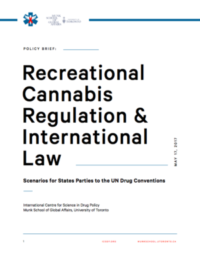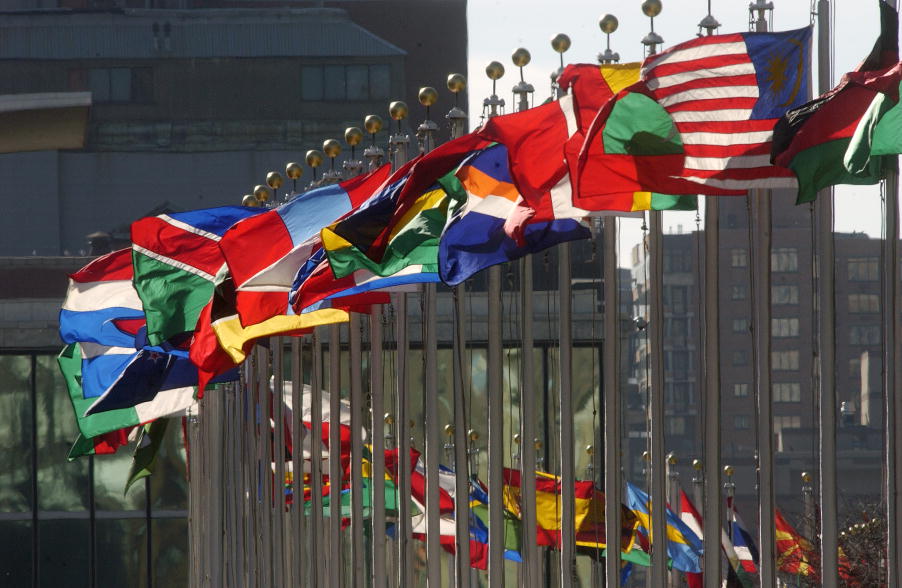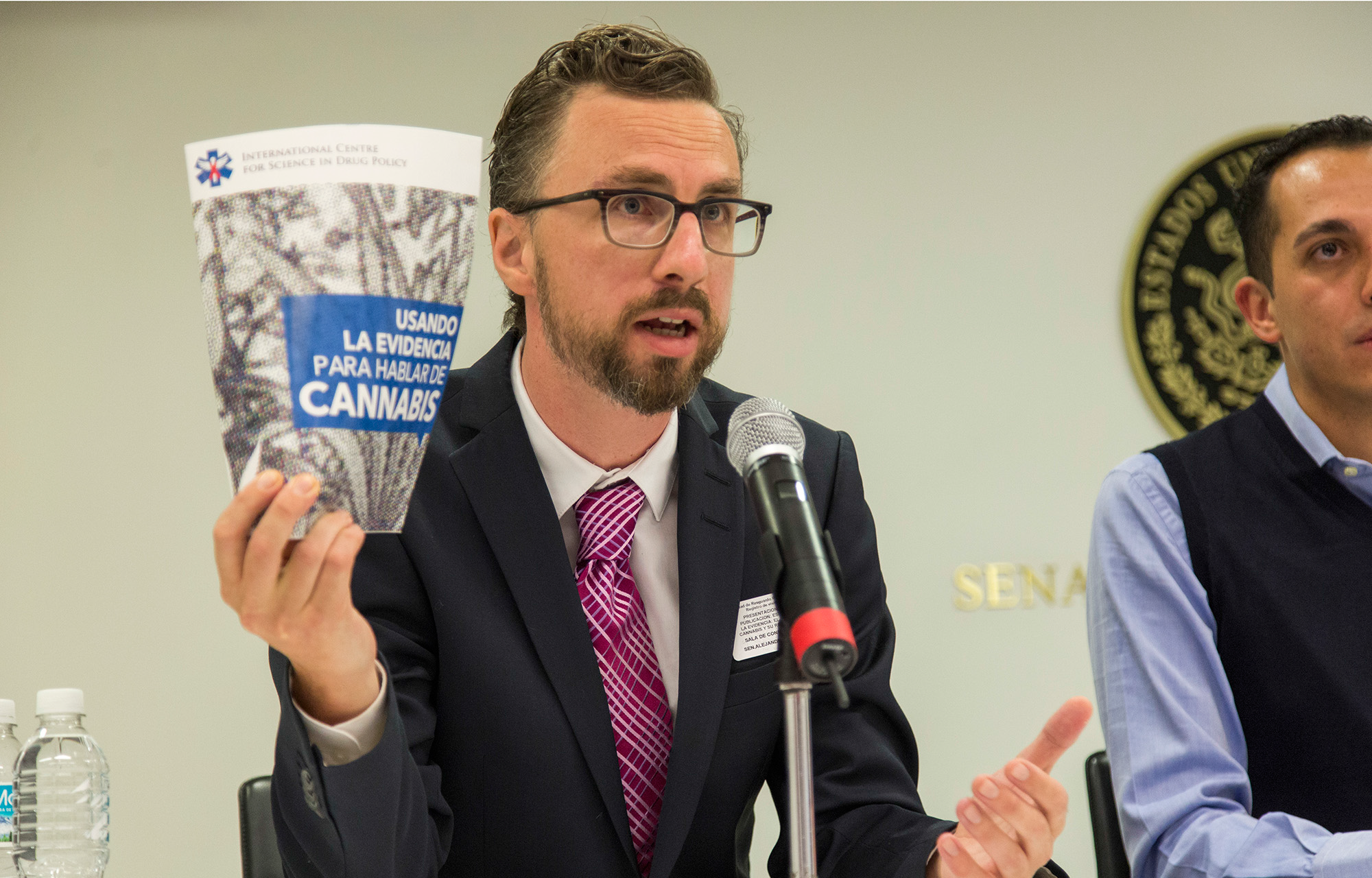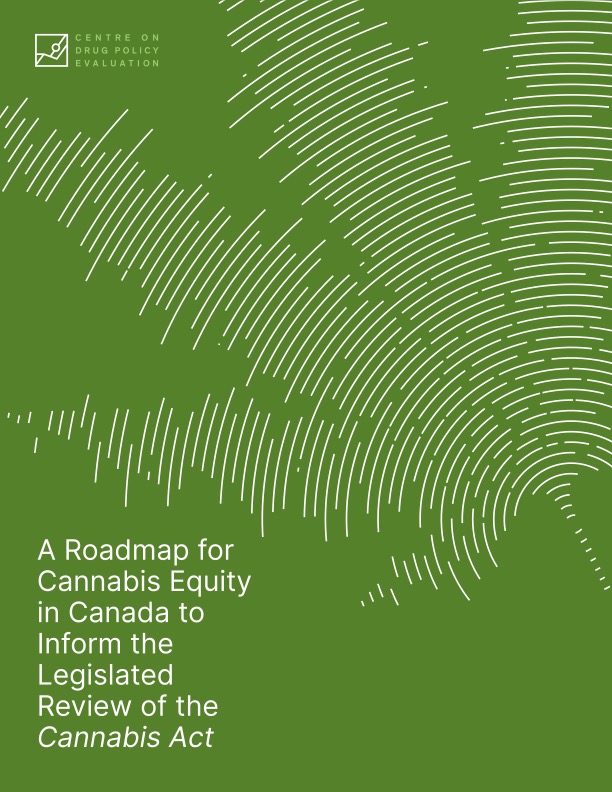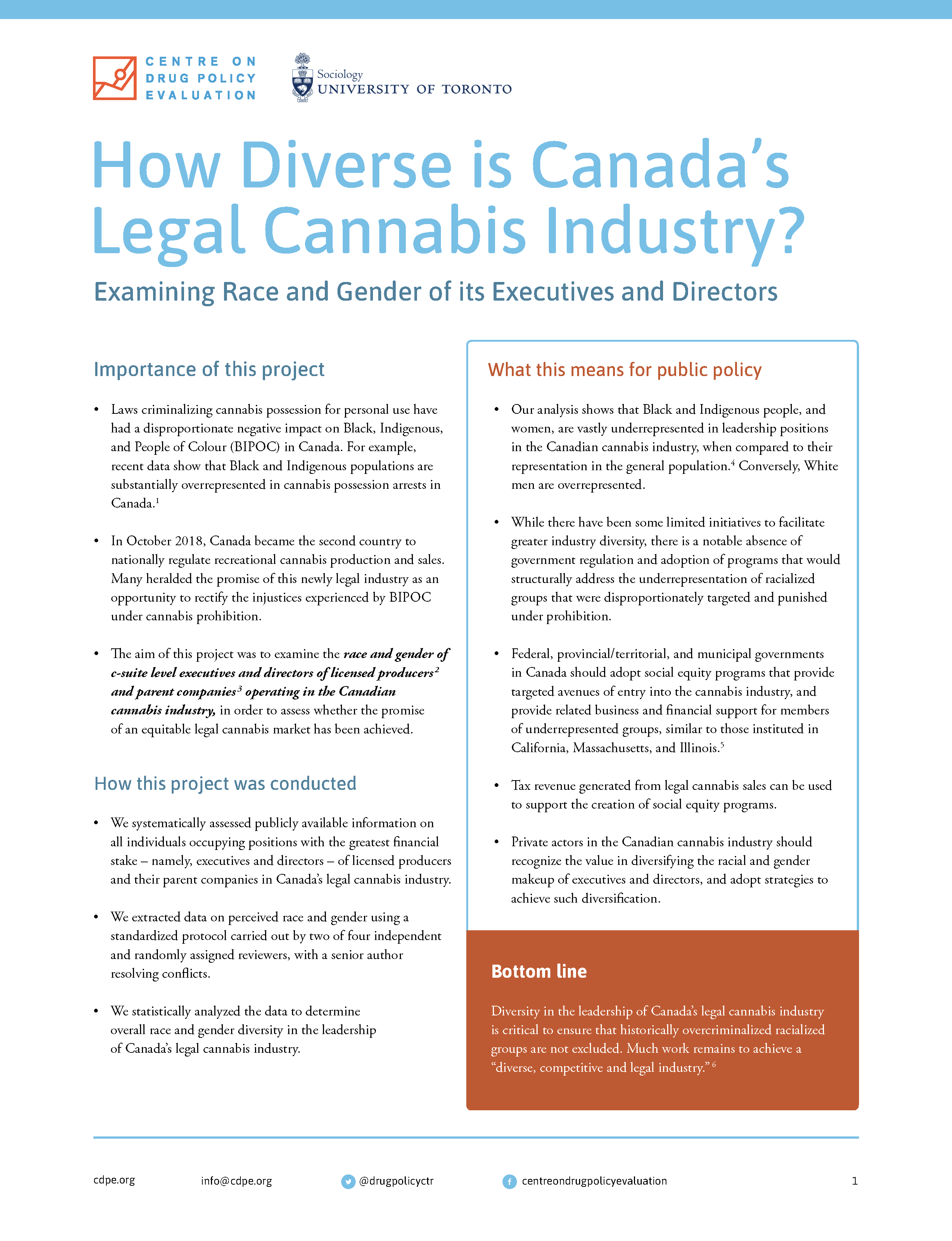Posted: May 17 2017
Author: CDPE
New Policy Brief Provides Guidance to States on Aligning Regulation of Recreational Cannabis Markets With International Legal Obligations
Toronto, Canada – As an increasing number of jurisdictions consider regulating recreational cannabis markets, concerns about how such a policy change would impact compliance with international drug treaties have arisen. A new policy brief from the International Centre for Science in Drug Policy (ICSDP) and the Munk School of Global Affairs at the University of Toronto, released during the 25th Harm Reduction International Conference (HR17) in Montréal, Canada, provides guidance to national governments seeking to align domestic legalization and regulation of recreational cannabis markets with their international legal obligations.
“National governments have several options when it comes to reforming cannabis policies while managing their relationship with the international treaty obligations,” said Dr. Dan Werb, Director of the ICSDP. “What this policy brief demonstrates, though, is that whatever policy path governments choose, the consensus on recreational cannabis policy is inevitably changing.”
The policy brief employs a transformative scenario planning (TSP) process to identify potential policy scenarios which were refined based on input from key informants including senior Canadian government policymakers. Importantly, the TSP process does not predict the likelihood or appropriateness of each scenario but instead articulates the policy space available to governments considering their options.
Four scenarios are identified to explore how states party to international drug treaties could respond to questions of compliance while pursuing domestic cannabis policies that appear in breach of those treaties, including:
- States Parties request an amendment of the 1961 United Nations Single Convention on Narcotic Drugs to allow for the national regulation of recreational cannabis markets;
- States Parties withdraw from the 1961 Single Convention and re-accede with reservations related to articles on the regulation of recreational cannabis markets;
- States Parties articulate a legal argument on the compatibility of recreational cannabis regulation within the international drug treaties; and,
- States Parties enact a stance of principled non-compliance by acknowledging that regulating recreational cannabis markets violates international legal obligations and taking steps to modernize the international drug treaties.
The policy brief uses Canada as a primary case study, the second country in the world to commit to legalizing and regulating recreational cannabis markets at a national level. On April 13, 2017, the Canadian federal government introduced legislation to implement a regulatory framework for recreational cannabis markets by July 2018.
“For a country like Canada that has moved beyond theoretical discussions of cannabis regulation and is in the process of adopting legislation, whichever scenario is selected has the potential to leave an indelible mark on the international drug control regime,” explained Mr. Rick Lines, Executive Director of Harm Reduction International. “As other states continue to watch Canada closely, the choices made domestically will surely reverberate internationally and set a precedent for other states, charting a course for the future of international cannabis policy.”
About the International Centre for Science in Drug Policy
The International Centre for Science in Drug Policy (ICSDP) is committed to improving community health and safety by conducting research and outreach on best practices in drug policy while working collaboratively with government stakeholders and affected communities to guide effective and evidence-based policy responses to substance use.
About the Munk School of Global Affairs
The Munk School of Global Affairs at the University of Toronto unites people who are passionate to address the problems of a fast-changing world, and aspires to create a unique, world-leading centre of teaching, research, and public engagement that builds the new field of global affairs from Canada.
HR17, the 25th Harm Reduction International (HRI) Conference, will be 2017’s largest international harm reduction event. It will bring together those at the heart of the harm reduction response – from practitioners and peers to advocates and researchers – for four packed days of presentations, workshops, panel discussions, films, exhibitions, networking events, and more. HR17 will help build a global harm reduction movement that learns, shares, and cooperates to build a world where people benefit from good drug policies, rooted in dignity, health, and human rights.
For more information or to arrange a media interview, please contact:
Nazlee Maghsoudi
Manager, Policy Impact Unit
nazlee@cdpe.org
Michael Kessler
HRI7 Media Manager
+34 655 792 699
michael.kessler@intoon-media.com
